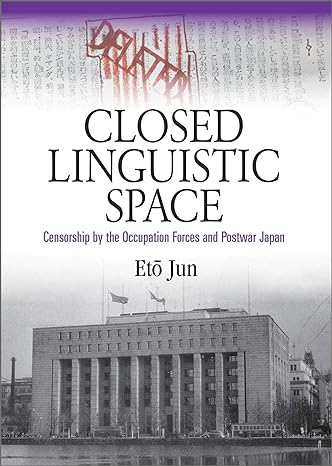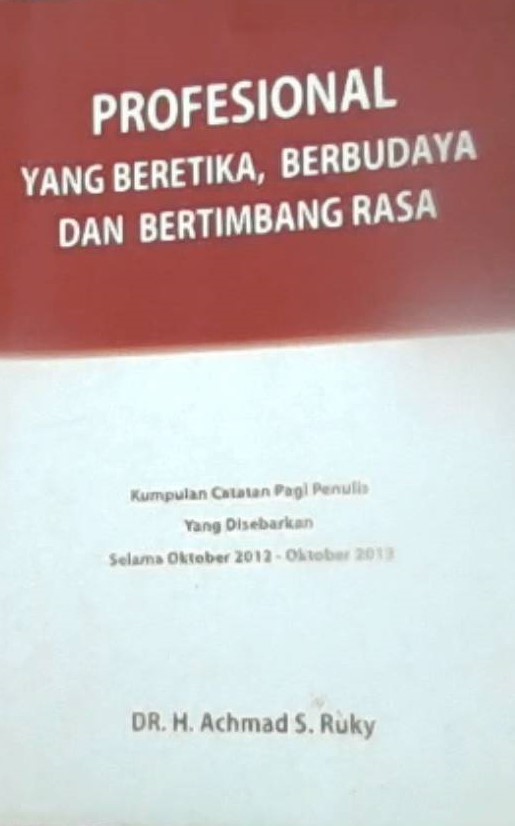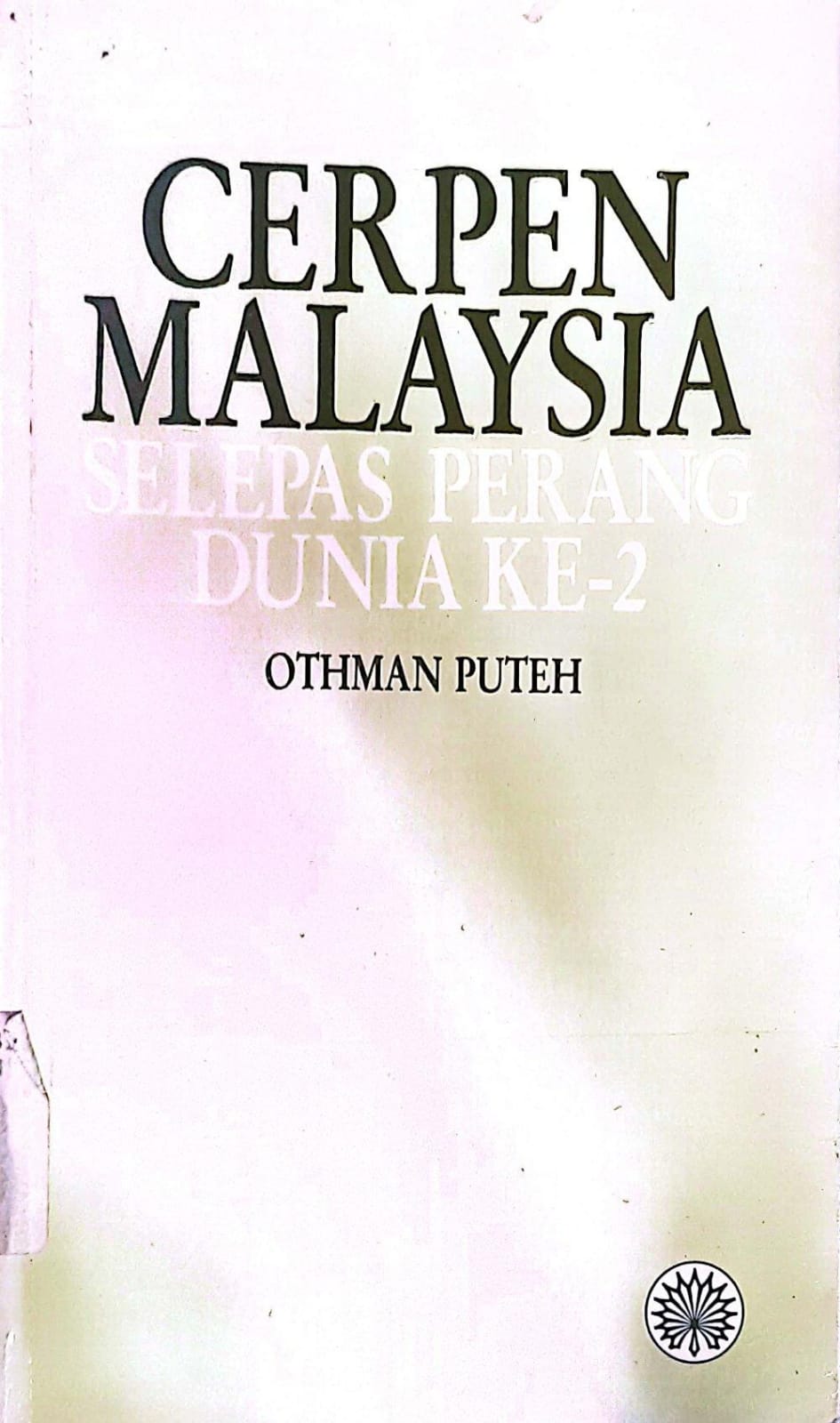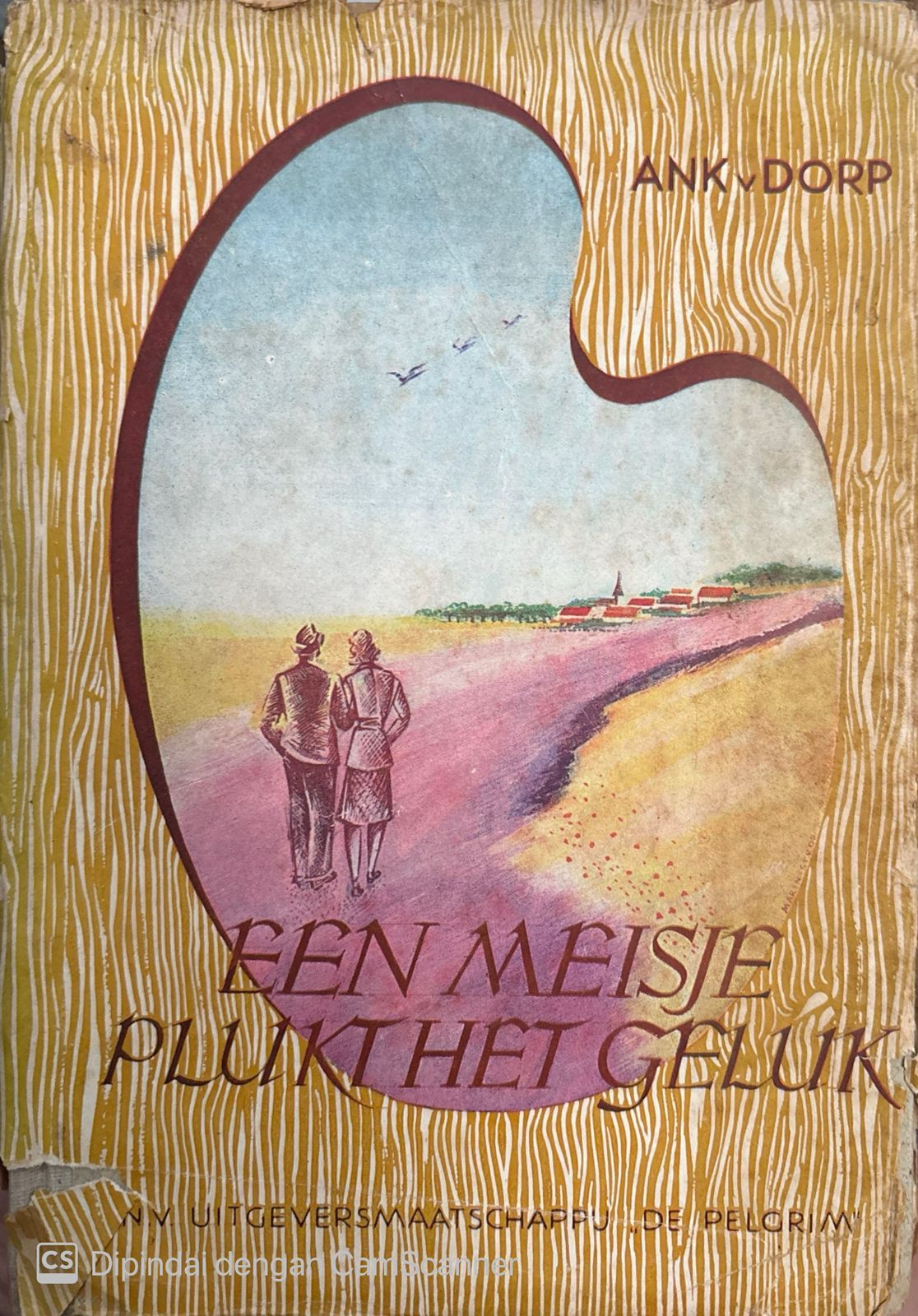





Closed linguistic space : censorship by the occupation forces and postwar Japan
Jun, Eto (Pengarang) ; The Japan Institute of International Affairs (JIIA) (Penerjemah)
Tersedia di:
Deskripsi
The United States postwar occupation of Japan likes to boast of having given the Japanese freedom of expression and freedom of the press. True, it freed the Japanese press from many wartime constraints. But at the same time, it imposed a large number of new constraints, replacing wartime censorship by the Japanese government with postwar censorship by the American occupation authority. Even before the war ended, planning for the occupation included a censorship and public relations efforts that would work to “re-educate” the Japanese and fold them into the postwar American international order. Similar efforts were made in Germany, but the effort in Japan was far more sweeping and far more sustained. This book documents that history in detail with extensive reference to primary resources held in U.S. archives and elsewhere. Was the occupation successful in reshaping the Japanese mindset? Citing not only the postwar Constitution but also, among other things, the widespread belief in the Tokyo Trials’ validity, Eto argues doggedly that it was so successful that its pernicious influence persists even today. Yet the heart of this heavily researched book is its meticulous documentation of how this censorship was planned and enforced.
Ulasan
Buku Rekomendasi Lainnya

Ada apa dengan ulama : Pergulatan antara dagma, akal, kalbu & sains
SOMA, Soekamana ; Bisyri, A. Fulex

ALBUM Arsitektuir Tradional
$a

Asean Harapan dan kenyataan
SABIR, M

Mengapa harus puasa senin kamis?
FAZA, Asrar Mabrur ; IAN ; BUDI, Azam

REKAMAN Peristiwa 1995

Di bawah mistletoe
MCCLONE, Melissa ; ANDIANA, Nina

The new book of knowledge volume 2 : B
$a

Muhasabah si pendosa : Bolehkah si pendosa ini mendamba surga?
AMIN, Muhammad

30 Days revenge
Monica Anggen (Pengarang)

Science adventure : S-Child VS Monster Sains Vol 1
Se-Joon, Park (Pengarang)

Profesional yang Beretika, Berbudaya, dan Bertimbang Rasa : Kumpulan Cerita Pagi Penulis yang Disebarkan Selama Oktober 2012- Oktober 2013
Achmad S. Ruky (Pengarang)

Petualangan Lu Si Ulat Bulu
Norrattri

Ergonomi kognitif
Ari Widyanti (Pengarang) ; Gradiyan Budi Pratama (Pengarang)

Cerpen Malaysia Sebelum Perang Dunia Ke-2
Othman Puteh (Pengarang)


